From deep cleaning to behavioral modification, a comprehensive analysis of strategies to prevent and solve cat bed-wetting problems
introduction
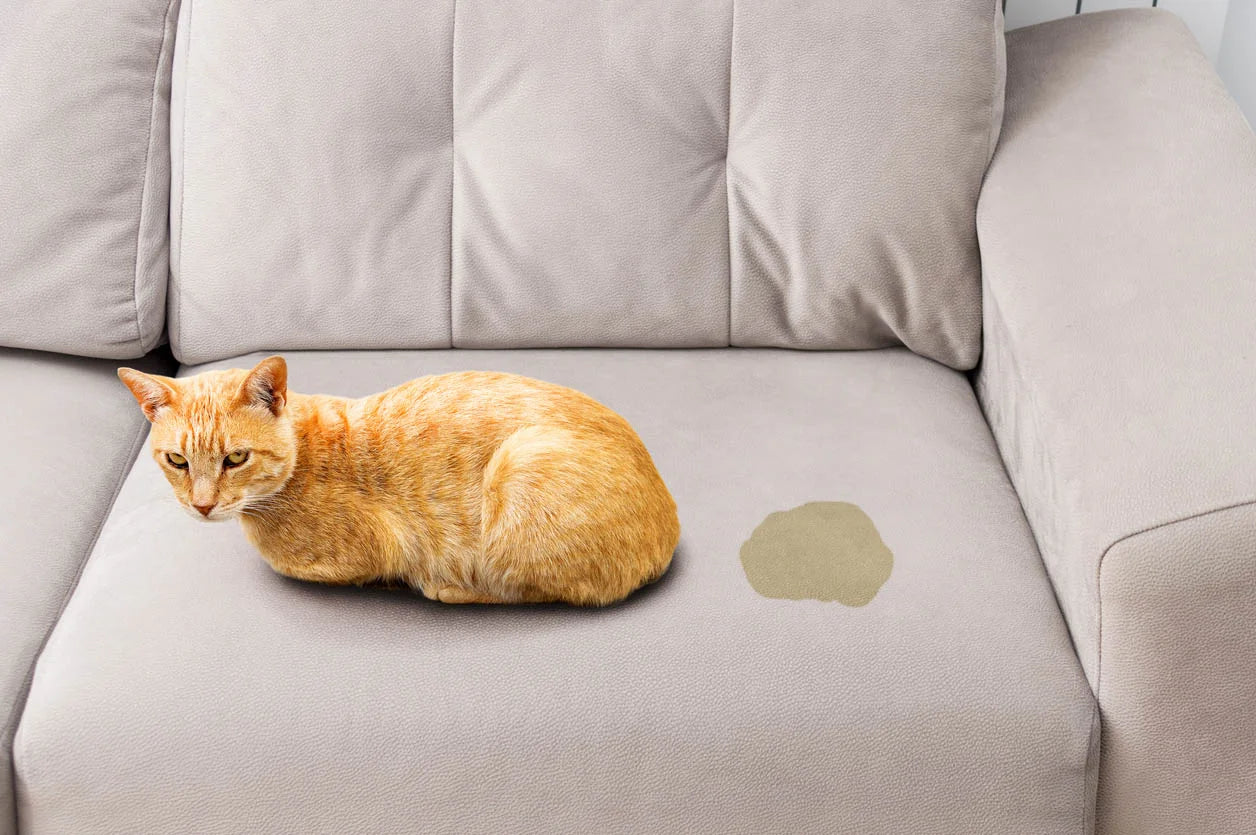
Cat bed-wetting problems not only affect the cleanliness of the home environment, but may also reflect the cat's internal health or emotional problems. Especially when urine stains penetrate deeply into the bedding or mattress, surface cleaning alone will not completely solve the problem. This article will focus on how to thoroughly clean, prevent, and adjust the behavior of cats that have bed-wetting problems, and provide step-by-step and detailed solutions to help owners restore a fresh, odor-free sleeping environment.
Analysis of the causes of cat bed-wetting problems
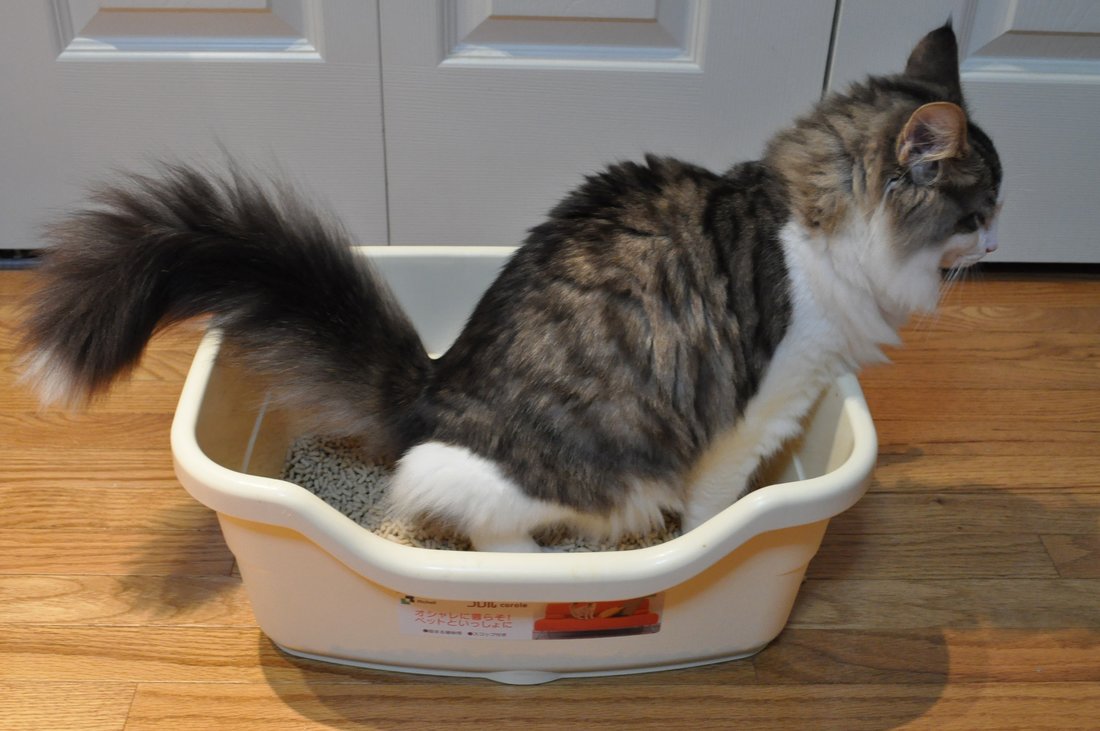
1.1 Health risks
- Urinary tract infection and kidney disease: If a cat has difficulty urinating due to physical discomfort, it may choose its bed as the place to urinate.
- Pain and Discomfort: Physical pain often causes cats to lose control of their urination behavior.
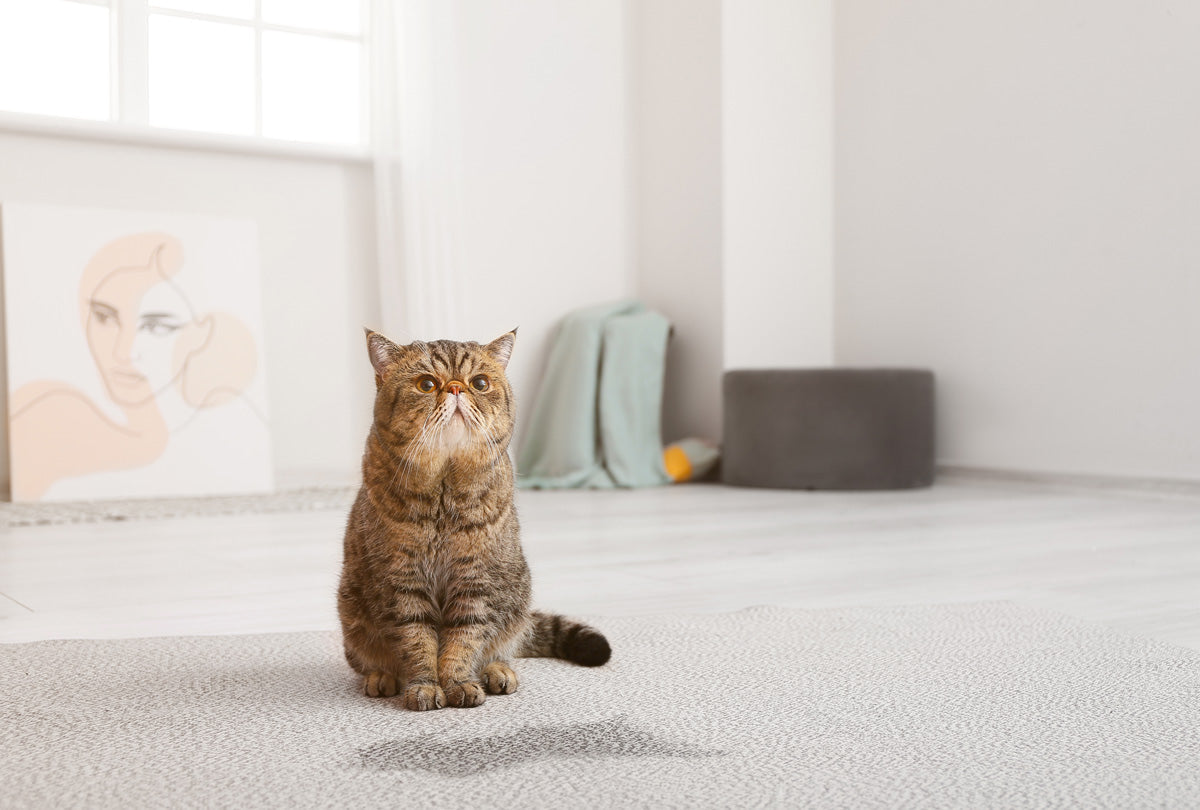
1.2 Emotional and behavioral factors
- Stress and anxiety: Changes in the home environment or the tension caused by living with multiple cats may cause cats to use urine to mark their sense of security.
- Behavioral deviation: Some cats gradually regard the bed as a urination area due to habit formation or past negative experiences.

1.3 Environmental impact
- Highly absorbent bedding material: Soft, porous mattresses can easily absorb and penetrate urine, making them difficult to clean.
- Residual odor: If the chemical components in urine are not completely removed, they will attract cats to urinate repeatedly in the same area.
Deep Cleaning Strategy: Thoroughly Remove Urine Stains and Odors
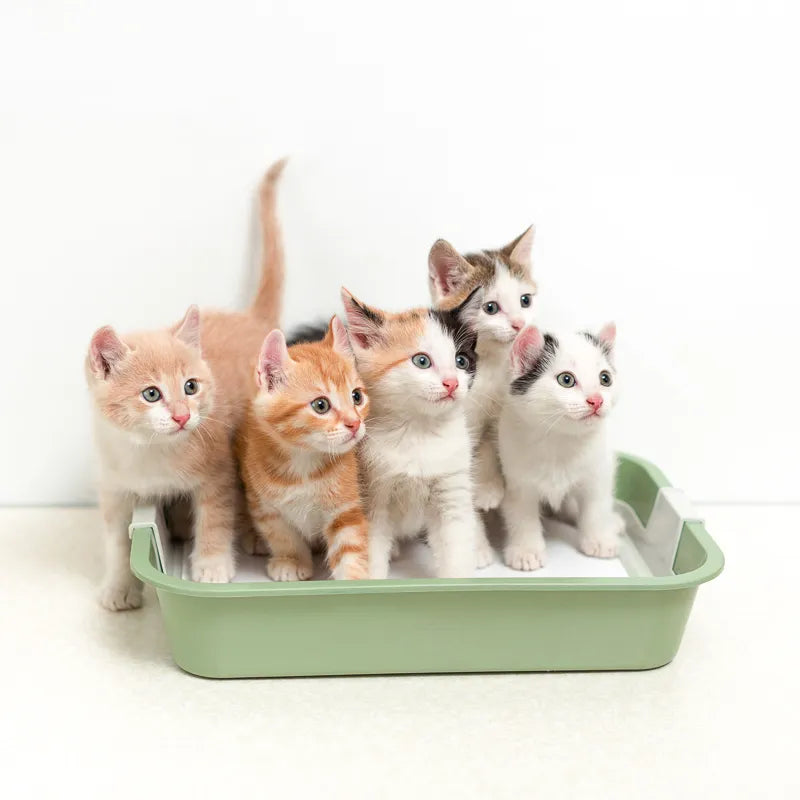
2.1 Preliminary inspection and assessment of contamination level
- Check the distribution of urine stains: Observe the scope of the stains inside the bedding and mattress to determine whether it is necessary to remove the bedding for local treatment.
- Material considerations: Choose the appropriate cleaning agent and method based on the mattress material (such as foam, memory foam or fabric) to avoid damaging the bedding.
2.2 Using enzyme cleaners and professional products
- Application of enzyme cleaner: Enzyme cleaner can decompose the protein in urine and completely neutralize the odor. After diluting according to the product instructions, spray evenly on the contaminated area.
- Repeat treatment: Apply multiple times and allow the cleaner to fully penetrate. Leave it to sit for a while after each treatment and then wipe it clean with an absorbent towel.
- Auxiliary disinfection: If necessary, use a low concentration disinfectant (such as diluted alcohol or professional pet disinfectant) for secondary treatment to ensure that all bacteria and odors are eliminated.
2.3 Steam cleaning and auxiliary treatment methods
- Use of steam cleaner: High-temperature steam can effectively kill deep-seated bacteria and break up residual urine molecules. Pay attention to temperature control when using to avoid damaging the mattress structure.
- Dry cleaning or professional cleaning: If the mattress is difficult to handle by yourself, it is recommended to send it to a professional dry cleaner or use a cleaning service that specializes in pet stains to achieve the best results.
Preventive measures and environmental adjustments

3.1 Setting up waterproof protection layer and adjusting bedding
- Waterproof mattress protector: Add a waterproof cover to the mattress to effectively prevent urine penetration and facilitate daily cleaning.
- Choose easy-to-clean bedding: Give priority to washable sheets and pillowcases, and replace and wash them regularly to keep the bed clean and hygienic.
3.2 Cat litter box management and induction measures
- Increase the number of litter boxes: There should be at least one more litter box than the number of cats in your home, and make sure it is located in a quiet and secluded location.
- Regular cleaning: Clean the litter box regularly every day to keep it clean and fresh so that your cat will be willing to use it instead of looking for other places to urinate.
- Urine odor induction: Sprinkle a small amount of urine odor neutralizer near the litter box to allow the cat to gradually distinguish the smell of the bed from the litter box.
3.3 Adjust living environment to reduce stress
- Establish a safe area: Set up a dedicated rest area for cats, place cat climbing frames, comfortable nesting mats, etc., to reduce anxiety caused by environmental changes.
- Smell separation method: Use special cat soothing spray or essential oil diffuser to create a stable and relaxing atmosphere to prevent cats from urinating randomly again due to emotional fluctuations.
Behavioral training and medical considerations
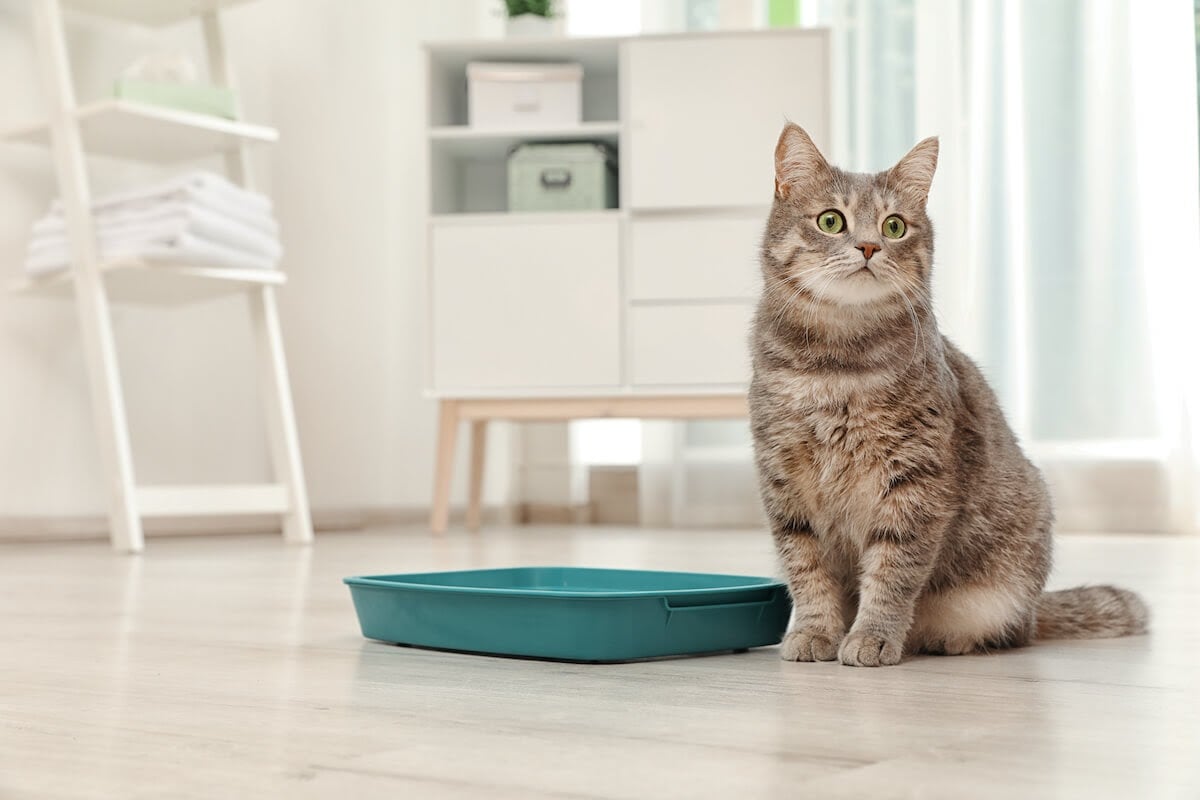
4.1 Health Checkup and Disease Elimination
- Regular check-ups: When bed-wetting is a problem, your cat should be taken for a comprehensive health check-up to rule out urinary tract infections, cystitis, or other medical conditions.
- Doctor's advice: Use antibiotics or other medications as appropriate according to your veterinarian's instructions, and monitor the progression of the disease.
4.2 Positive behavior training and stress relief
- Positive reinforcement: Reinforce good behavior by giving your cat a reward (such as a treat, petting, or praise) every time he or she uses the litter box in the correct location.
- Behavior modification tools: Use appropriate cat attractants or urination inducers to help cats gradually change their habits and stay away from inappropriate areas such as beds.
- Stress management: Provide a variety of toys, interactive time and hidden hiding spaces to reduce cats' stress and anxiety, and fundamentally improve random urination behavior.
in conclusion
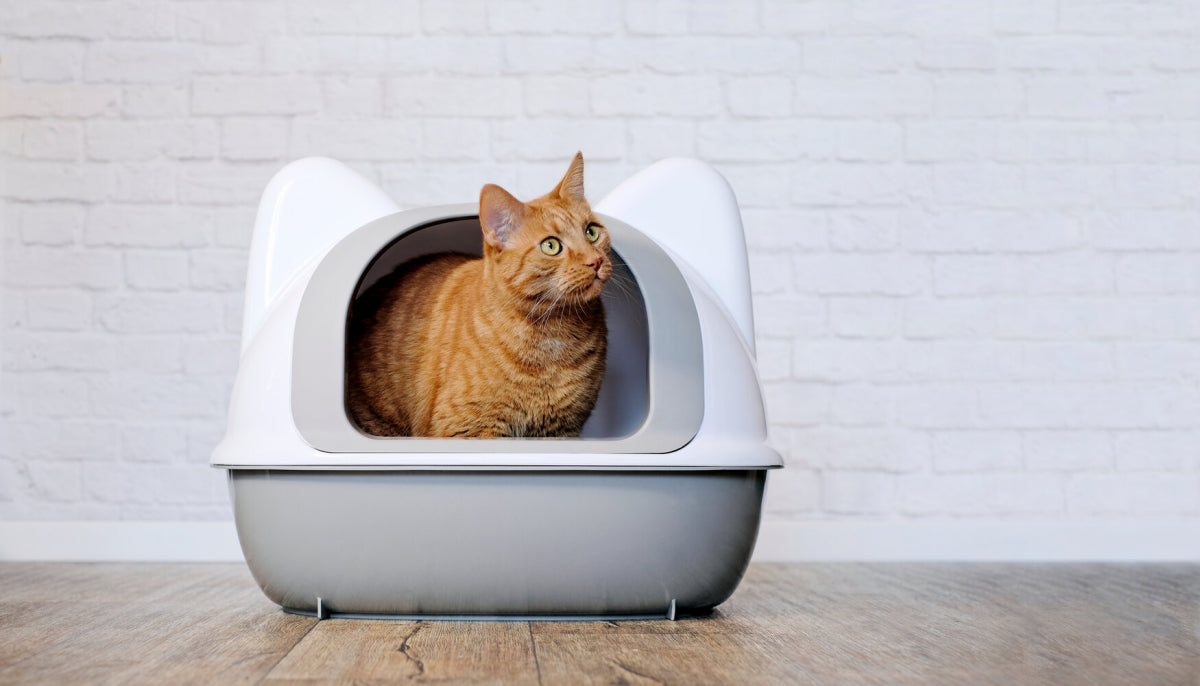
The problem of cat bed-wetting is often the result of multiple factors, and it is difficult to completely solve it by relying on a single method. From deep cleaning, environmental adjustment to behavioral training and medical examination, every link needs to be implemented step by step. Using enzyme cleaning, steam sterilization and other technologies to treat bedding, combined with correct prevention and induction measures, can effectively reduce urine residue and the risk of recurrence. Owners should comprehensively assess the health and mental state of their cats, continuously adjust feeding strategies, and ultimately restore a clean and hygienic living environment and ensure the cat's physical and mental health.



